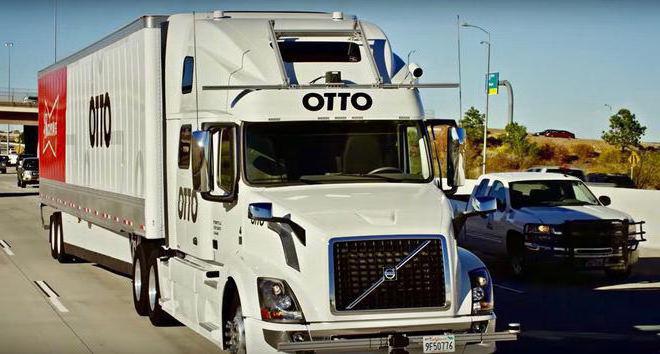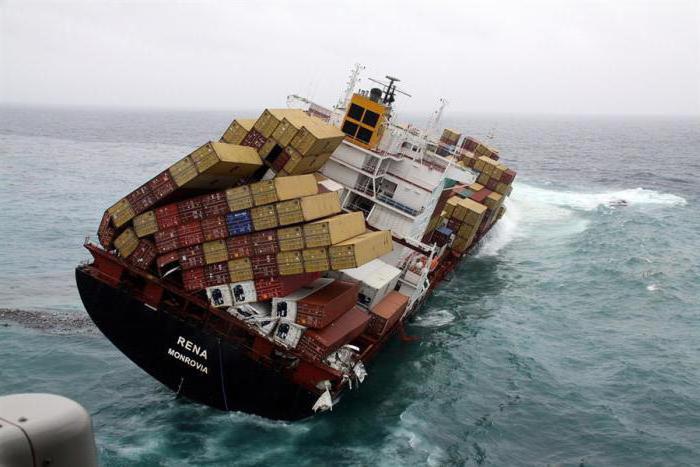According to the law, if an individual or legal entity inadvertently ruins someone’s property, the guilty person is obliged to pay the victim in full. In order not to "fly a penny", in such situations it is better to take out special insurance.
What is liability insurance?
Liability insurance is a good way to protect yourself from sudden debt to other citizens. But few people are familiar with the rules governing such insurance.
What is a voluntary insurance policy in practice? For example, pipes burst in the house. If you have a policy providing for compensation for losses in such situations, this means that the insurance company pays a certain amount to the beneficiary without searching for the guilty party.
In our case, the beneficiary is the neighbors. Then the responsibility of the owners of the apartments where the pipe broke, the insurance company takes over and pays to the neighbors funds for the repair of their housing; however, the tenant will restore his apartment at his own expense. All is fair.

Most often carriers insure themselves. This is the most popular type of voluntary insurance, as losses can occur at any stage of transportation.
Voluntary liability insurance
Any individual or legal entity may voluntarily contact the company of their choice and select the appropriate insurance conditions. All terms of payments under the contract are regulated by a special employee - the underwriter. It is he who decides: whether to conclude a contract with the client, and if to conclude, then in what amount to establish the amount of compensation. The client only selects from all offers more suitable. He can choose the object of insurance and the rate of payment of the policy.
Liability insurance legislation
Liability insurance is divided into different types. And there is no separate document regulating all the subtleties of such cases. Each type of insurance is regulated by a separate law. For example, compulsory insurance of vehicle owners is regulated by Federal Law No. 40 of 2002. Which, by the way, was edited on April 27, 2017. But the civil liability of carriers is controlled by Federal Law No. 67 of 2012.
Voluntary liability insurance is the protection of the interests of third parties, that is, those who are not participants in the precedent; a person who has suffered moral or material damage due to the activities of the insurer. But what is harm in a legal sense?
In the Civil Code there is no exact definition of the concept of harm, but there is a somewhat “vague” concept that is applied in practice. So harm is any adverse change in a legally protected good. According to Art. 1064 of the Civil Code of the Russian Federation, the loss caused as a result of illegal actions must be compensated. So says the Romano-German legal system based on the principles of fair judging.
It is in order to protect the client from reimbursement of excessive amounts to other individuals that insurance companies develop such type of insurance as voluntary liability insurance (personal or professional).
Insurance of such liability is divided into voluntary and compulsory. The following types are mandatory:
- CTP;
- responsibility of the owner of the hazardous facility;
- freight carrier liability.
Without the presence of an insurance policy, the carrier will not be able to work.Voluntary insurance imposes on the client only those obligations that he himself assumed by signing the contract.
Types of voluntary liability insurance
Voluntary liability insurance is also divided by insurance objects into the following types:
- liability of shipowners for harm to the health or property of third parties, as a result of the operation of their river or sea transport;
- responsibility of architects and contractors for high-quality construction;
- responsibility of customs brokers;
- realtors;
- property owners (lessors);
- other persons.

An individual and entrepreneur can voluntarily insure themselves, if the type of activity that he conducts can negatively affect the financial or physical condition of his clients.
Professional Insurance
Insurance of notaries in the Russian Federation is mandatory. And also in connection with the law “On Valuation Activities”, the activities of these persons should be insured. But the professional responsibility of medical workers is only voluntary.
What is the situation in real estate business? Is realtor liability insurance mandatory or voluntary today? Their liability for damage resulting from errors or circumstances that could not be taken into account is insured exclusively on a voluntary basis.
However, customers understand that real estate companies that are insured are more qualified participants in the entrepreneurial market. And before making a decision: to become a client of the company, or not, they will find out if the company has insurance.

In some regions, insurance is a critical condition, without which the company cannot obtain a license to provide housing selection services.
The insurance object in the contract for the acquisition of a realtor’s professional liability policy will be considered the amount that the client (or his immediate subordinate) is obligated to pay in connection with the implementation of his professional activity.
Voluntary car insurance
Insurance compensation as a result of an accident to participants in the accident is paid at the expense of compulsory motor third-party liability insurance (compulsory insurance). However, there is also a DSAGO policy - voluntary motor third party liability insurance. Some car owners consider it necessary to insure themselves additionally.

What are the reasons for issuing a voluntary insurance policy if OSAGO insurance is already in place?
There are 2 main objective reasons for this:
- Compensation under compulsory motor liability insurance is carried out taking into account depreciation of the object. And with voluntary insurance this indicator is not taken into account when recalculating the amount of compensation.
- Voluntary insurance reimbursement amounts are sometimes insufficient to cover the damage.
But those who wish to insure themselves must know that a prerequisite under which voluntary insurance of civil liability of car owners is possible is the existence of a compulsory insurance policy. Since the payment of compensation for a voluntary policy occurs when there is clearly not enough money to pay off the debt allocated CTP.
Carrier Liability Insurance
The same applies to owners and sea transport for the transport of goods. Long distance freight carriers take more responsibility than motorists. Therefore, for such clients, insurers have many insurance objects and different tariffs.

Carriers have the opportunity to voluntarily secure their finances in case of:
- loss or damage of goods in case of accident or overload;
- financial losses in case of non-fulfillment of the conditions of cargo delivery;
- late delivery;
- unplanned losses during sorting, repacking;
- losses due to fire;
- the need to pay ship costs, which must be paid for proceedings in court after an accident.
A carrier is exempted from payment for loss of cargo only if he can prove that the cargo is damaged due to military operations, natural disaster, or a person intentionally made an accident or set fire to it.
Liability insurance agreement
When the client signs the contract, he must first familiarize himself with all the rules of voluntary insurance in order to know his rights and obligations in the event of force majeure, from the consequences of which, in fact, he warns himself. The voluntary civil liability insurance contract must contain the following elements by law:
- object, subject of insurance;
- rules and obligations of the insurer and the insured;
- who is the beneficiary;
- the occurrence of an insured event;
- the period during which the contract is valid;
- the amount paid by the company upon the occurrence of an emergency - an insured event.
The object of the contract is the property interests related to the compensation of harm caused by their client (policyholder) to other persons.

The voluntary liability insurance contract signed by the client and the underwriter can no longer be corrected or supplemented. Therefore, all the nuances that the client does not like in the contract must be discussed in a timely manner.
About the rules of liability insurance
All the rules of voluntary liability insurance are drawn up by the general union of insurers (All-Russian). And checked and approved by insurance supervision.
The rules contain all the information the client needs. The document takes into account all the nuances of registration and signing of the contract, the procedure for calculating the insurance rate and the amount of compensation.

When voluntary liability insurance is issued already in the office of the company, the client and employee must reach full agreement. In order for the transaction to be beneficial for both parties, the rules state whether or not a franchise exists and on what terms it is provided. It also indicates necessarily under what conditions the insurer will not pay the due amount of compensation.